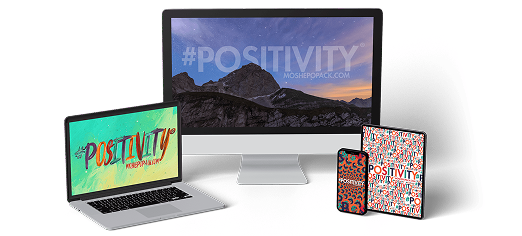Brooke Weinstein is a Doctor of Occupational Therapy, and a world-renowned expert on sensory and emotional regulation. She’s been featured on NBC, Forbes, and has a top ten podcast in the U.S. Think of her as a personal trainer for your brain!
Her goal is to help anyone who is exhausted, depleted, and suffers from chronic anxiety find a balance to release shame and guilt, and enjoy their life through brain-based neuroscience.
Why is nervous system regulation so important:
“Your nervous system is like the engine of your car. And your nervous system is always speaking to you like your dashboard is in your car. You need to change the oil, you need to check the engine, you need to fill your tank with gas. And 90% of the world has no idea how their engine runs. They have no idea what makes them who they are, what patterns they have, what makes them tick, and why they’re behaving the way they’re behaving. And if you understand the nervous system … I truly believe that that is the core of mental health.
And for people to understand, they will be able to then understand who they are, respect, value, and honor who they are, and be able to live out their life and support their brain rather than have it feel like a tug of war pushing against their brain.”
Regulation is different for everybody:
“If I told someone, if you come work with me, or, if you want to know how to regulate your nervous system it’s journaling, box breathing and meditating. That may not work for everyone. It just depends on individual brains, how they function, understanding how they tick, what is their makeup, so that they can then co-create with me or with themselves. Whatever works for them.”
How Dr. Brooke is uniquely qualified to help people:
“I built this specialty out of something that had never existed before. We go through all of this education. Many of us are really well versed in the nervous system. We see so many kids with sensory issues or so many adults with sensory needs or sensory things, but there was never really a niche of focusing on helping individuals learn how to understand the nervous system and learn how to regulate their nervous system.
So I, I have built a system, and I’ve built a method where I walk them through this. For this particular avenue of work and support, I absolutely have the background, experience and knowledge from my education that kind of all came together to be able to create what I’ve created now today.”
On the days you only have 35% and you give 35%, you actually give 100%:
“You have to be able to accept where you’re at. If that 35% is accepted and worthy of just being where you’re at, I guarantee you if you give into that 35%, you may have 40% or 50% tomorrow because you’ve allowed yourself to be in the space where you need to be.
But if you push, if you’re like 35% is not enough, and you push to 80%, I guarantee you may have 15% or 20% tomorrow because you were already so depleted that you didn’t honor that.”
How much “unconditional love” should you give your child:
“I’m in the middle ground. I believe that we are in this state of, especially the parents who are parenting currently right now, where we went from authoritative and authoritarian parenting to gentle and conscious parenting.
And I see this even in the workplace, where we’re so afraid to say the thing or we’re so afraid to insult, or we’re so afraid to hurt, or we’re so afraid to step on boundaries or all the different things.
Children need boundaries. Employees need boundaries. If you get to a place where if your child says, ‘I hate you’ at two, they have no idea what they’re saying. But if your child says it around five or six and it affects you, you absolutely have a right to sit down and share how that made you feel and say, ‘I feel really sad.’”

